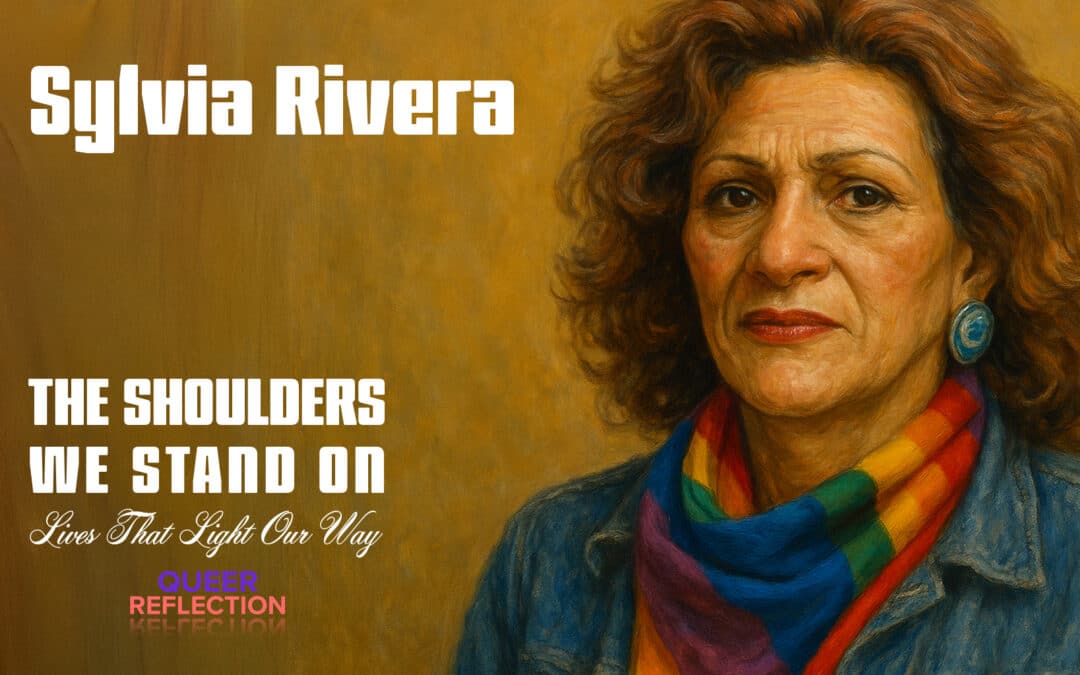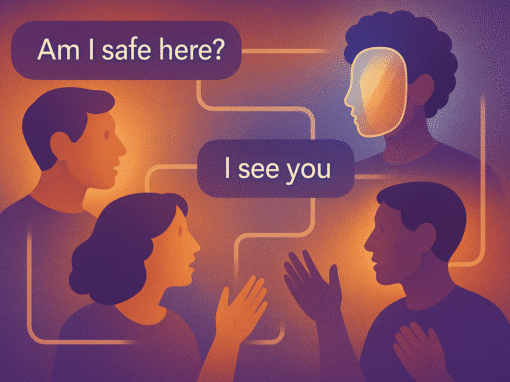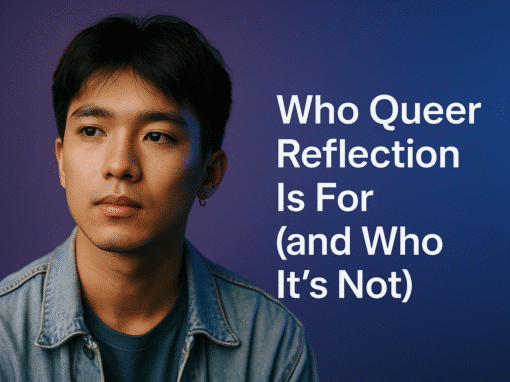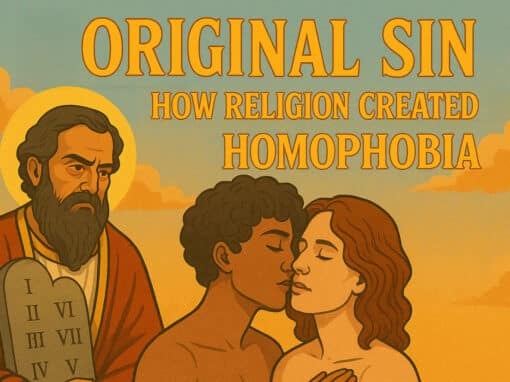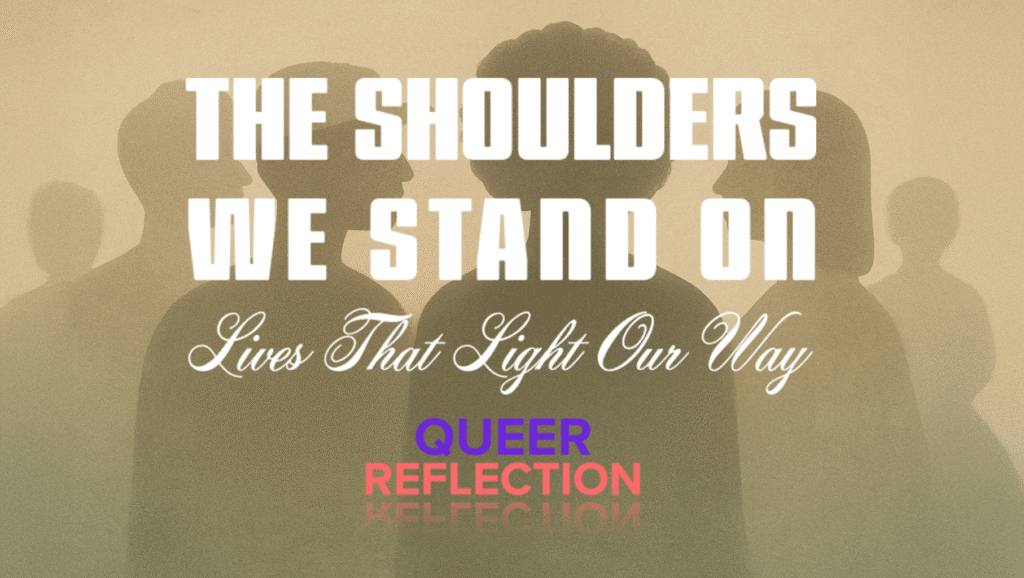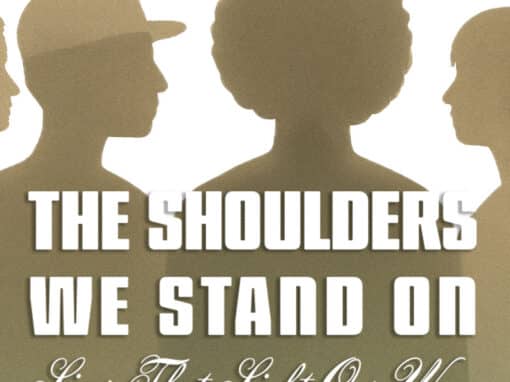“We have to be visible. We should not be ashamed of who we are.”
— Sylvia Rivera
Sylvia Rivera didn’t just demand a seat at the table—she flipped the table over when there wasn’t room for her.
A tireless trans rights activist, Puerto Rican and Venezuelan American, and co-founder of STAR (Street Transvestite Action Revolutionaries) alongside Marsha P. Johnson, Sylvia Rivera fought not only against the world’s violence—but against the erasure of trans voices from the very movements they helped build.
Where others asked politely for progress, Sylvia screamed for it. And she never stopped.
The Girl at the Front Lines
Born in 1951 in New York City, Sylvia’s early life was marked by trauma, abandonment, and survival on the streets. By age 11, she was homeless—trading safety for the simple right to live authentically as herself.
Rivera was there at the Stonewall uprising in 1969. But as the gay rights movement gained momentum, Sylvia and others like her—trans women, drag queens, street workers, people of color—were pushed to the margins of their own revolution.
They were told they were “too much.” Too loud. Too visible. Too complicated.
But Sylvia knew that the fight for queer liberation means nothing if it leaves the most vulnerable behind.
“You go to bars because of what drag queens did for you, and these people tell us to shut up.”
STAR: A Home for the Unhoused, A Voice for the Unheard
In 1970, Sylvia and Marsha P. Johnson founded STAR, a refuge for homeless queer youth and trans people. At a time when few safe spaces existed, STAR offered housing, meals, and community—not charity, but solidarity.
Sylvia wasn’t just fighting for policy. She was fighting for people’s lives.
And even when white cisgender gay leaders tried to silence her, even when trans and drag communities were erased from pride parades and politics, Sylvia refused to disappear.
The Cost of Courage
Sylvia’s activism came at great personal cost. She battled addiction, homelessness, and health crises. She was arrested repeatedly. She was heckled and booed at events where she should have been honored and elevated.
But she never gave up.
In the later years of her life, Sylvia returned to activism with renewed fire, continuing to call out injustice and fight for trans inclusion until her death in 2002 at the young age of 50.
Her work helped lay the foundation for the modern trans rights movement. Her legacy is woven into every act of queer advocacy that refuses to leave anyone behind.
Why Sylvia’s Story Matters Today
At Queer Reflection, we believe empathy means amplifying the voices too often ignored. Sylvia’s life reminds us that allyship without action is nothing more than decoration. That inclusion without the most marginalized is performative. That true progress is messy, complicated, and non-negotiable.
Sylvia Rivera wasn’t just part of our history. She is the reason history moved forward.
Learn More About Sylvia Rivera:
- Sylvia Rivera Law Project – advancing trans justice and self-determination
- Sylvia Rivera on Wikipedia
- “Pay It No Mind: The Life and Times of Marsha P. Johnson” (Documentary) – includes interviews with Sylvia
- “Earliest Known Recording of Marsha P. Johnson, Sylvia Rivera Found” – The Advocate
Reflection Prompt:
Who gets left out of your version of the story?
How can your actions center those still fighting to be seen and heard?

